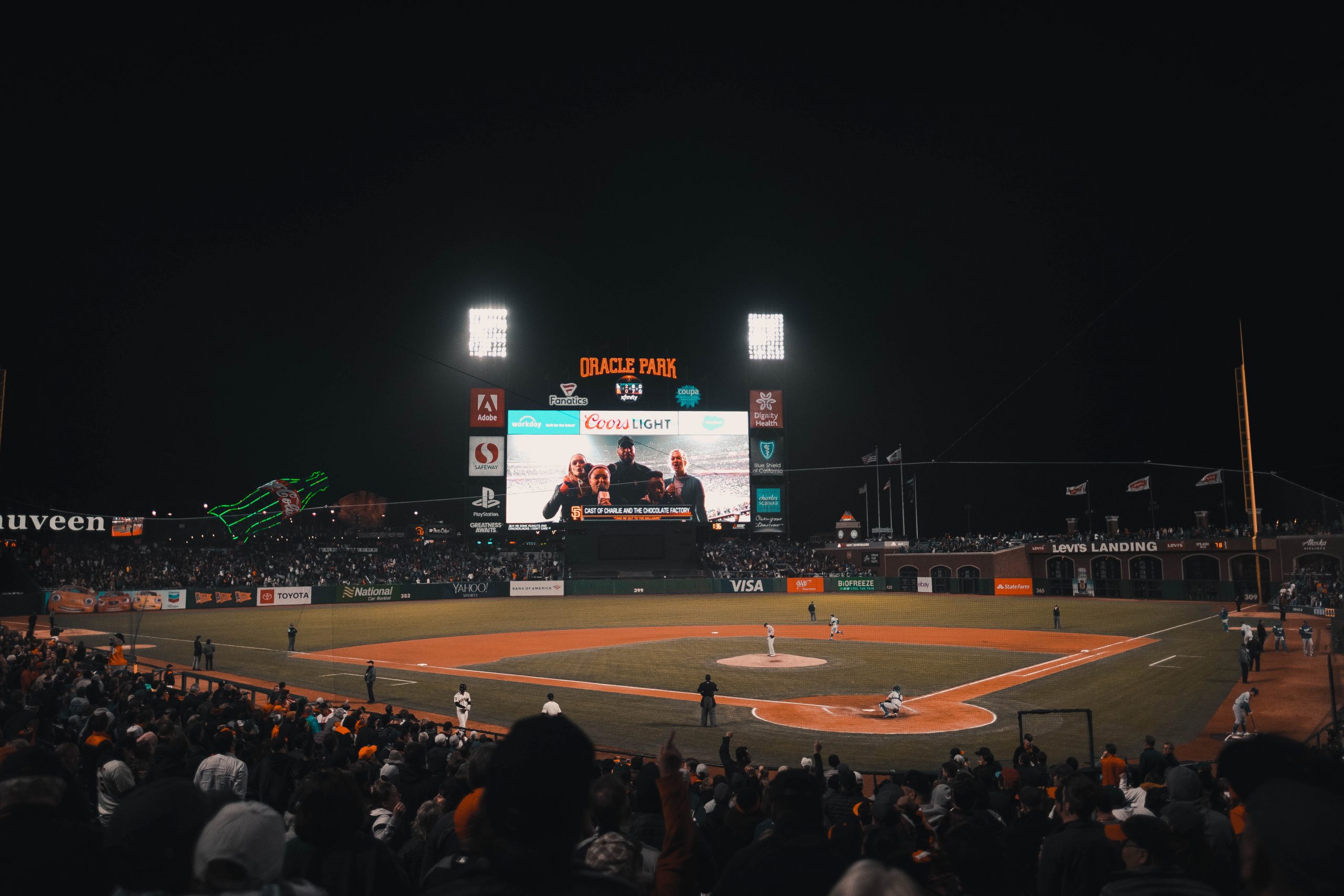Base Ball
There are now children who were born shortly before the first Out of the Park Baseball game were released who are registered to vote. “I don’t know what they could possibly add to the game to make it better,” we say every year. And it’s possible they’ve done it before.
One of the reasons why baseball is still famous a century and a half after the National League was established is that most of the core aspects of the game have remained unchanged since its inception. The eras have changed, from the deadball era of the early 1900s to Babe Ruth becoming the first superstar to change the game with his power in the 1920s, to Jackie Robinson breaking the colour barrier in 1947, to the westward expansion of the Dodgers and Giants from New York State to the West Coast in 1958, to the days of the Big Red Machine in the 1970s, They were all playing the same game. Out of the Park Baseball 17 allows you to play the game with ease.
The Season of History
The true power of OOTP lies in its versatility, not just in its statistical engine. Do you simply want to play in a 2016 league with accurate minor leagues? That choice is only a button click away from the game’s start. Do you want to play some baseball season from the past? You can do just that thanks to all of the statistics available. You may also go back in time and see how things might have turned out differently. Will the Murderer’s Row be a largely forgotten good team of the century compared to the Boston Red Sox Juggernaut if the Red Sox didn’t have an owner in deep financial trouble and instead of selling Babe Ruth to the Yankees, kept him happy? Would the 1960s Cardinals have been as dominant if Bob Gibson had been injured and never lived up to his potential? That’s only one of a million or so possibilities that could occur in your universe. Every year, they come up with something new to spice things up. Previously, it was random historical debuts (What if Mark McGwire played in the early 1900s, when the top home run hitters had MAYBE a dozen home runs for the season?
Mode of Historical Series
It’s three things this year. The new historical minor league database is the first. This introduces almost 150,000 historical players and expands the game’s possibilities. Instead of rehashing history for a major league team, how about becoming a minor league manager, leading and teaching the next generation of superstars to reach their full potential? (As well as the unavoidable heartbreak of having the best players called up and being given the rejects of a higher team and try to rehabilitate and make useful?
The second feature is a Historical Series mode, which allows you to pit two teams from baseball’s past against each other in a short series, similar to what OOTP is doing with their 16 in 16 series, in order to determine the best team of all time. Both teams’ stats can be normalised to either the home team’s age or a year. When I first got my review copy of OOTP, one of the first things I did was pit the 2004 Red Sox, who finally took a championship to Fenway Park after 86 years of failure, against Ted Williams and the 1946 Red Sox (the modern day Red Sox won the best of nine series 5 games to 2)
The final feature is a new 3D engine for Play by Play broadcasts, which replaces the standard radio-style play by play found in sports simulation games with something more akin to the old MicroLeague Baseball games. It’s understandably primitive, but watching a line drive fall into short right field and the outfielder desperately attempt to reach the ball before it reaches the ground is oddly fascinating.
You’re still not limited to established history when creating your leagues; there’s a whole range of choices for creating your own leagues and setups. I created a regional league with four American leagues (eastern, central, western, and northern), each of which crowned its own champion before competing in a four-team playoff to determine the US Champion. I also produced a “EuroLeague” with nations from all over Europe (all minor leagues in terms of talent), in which the national champions competed for the European title.

